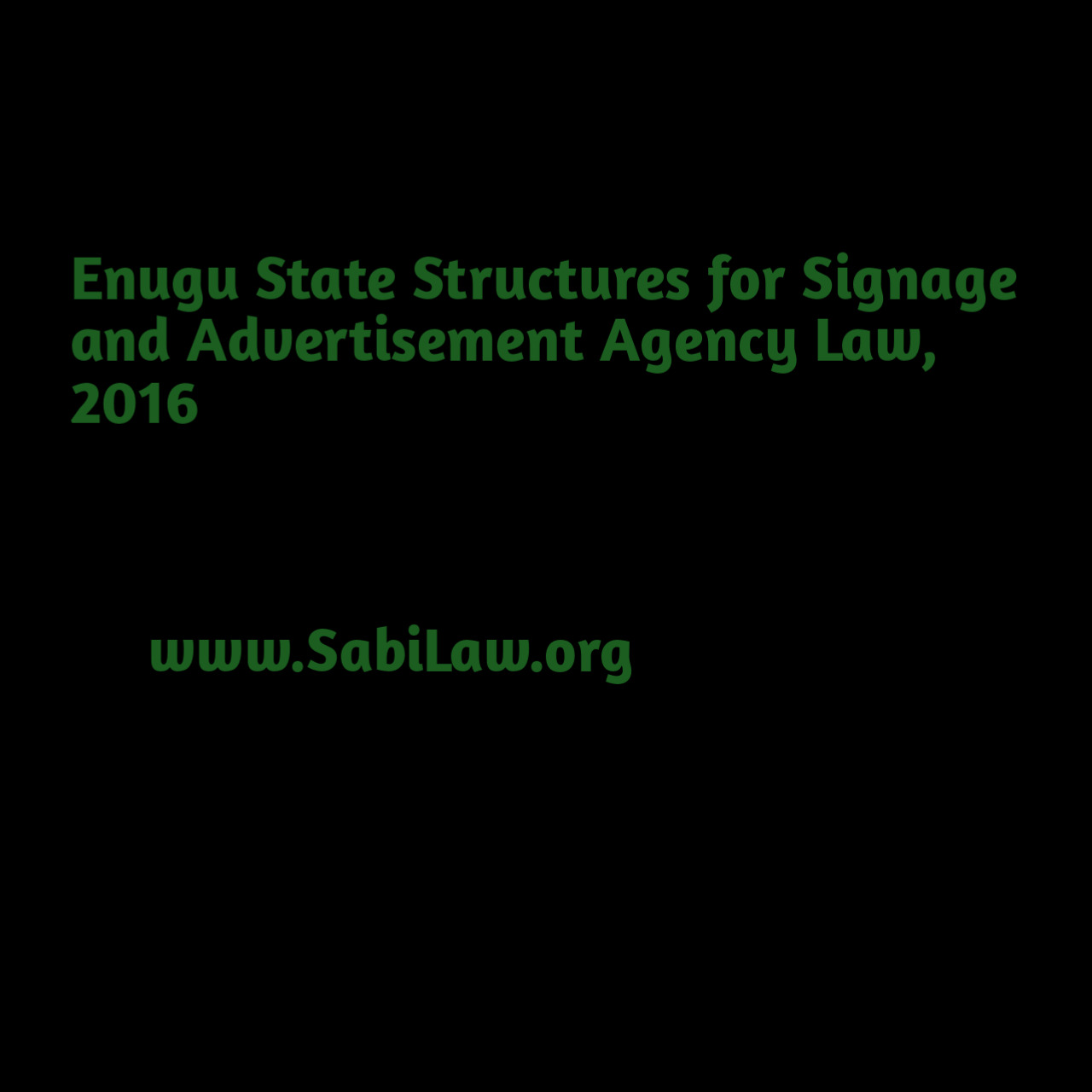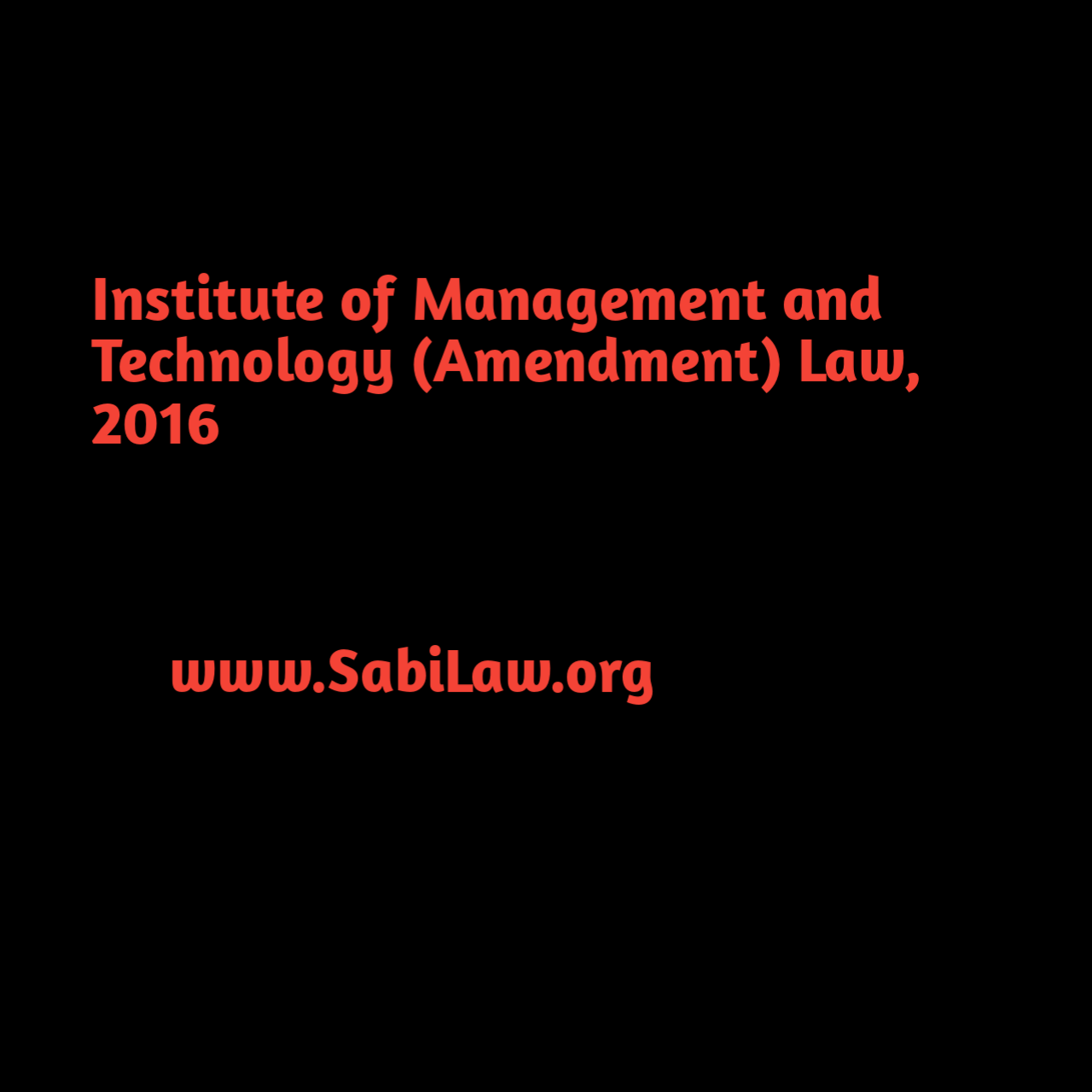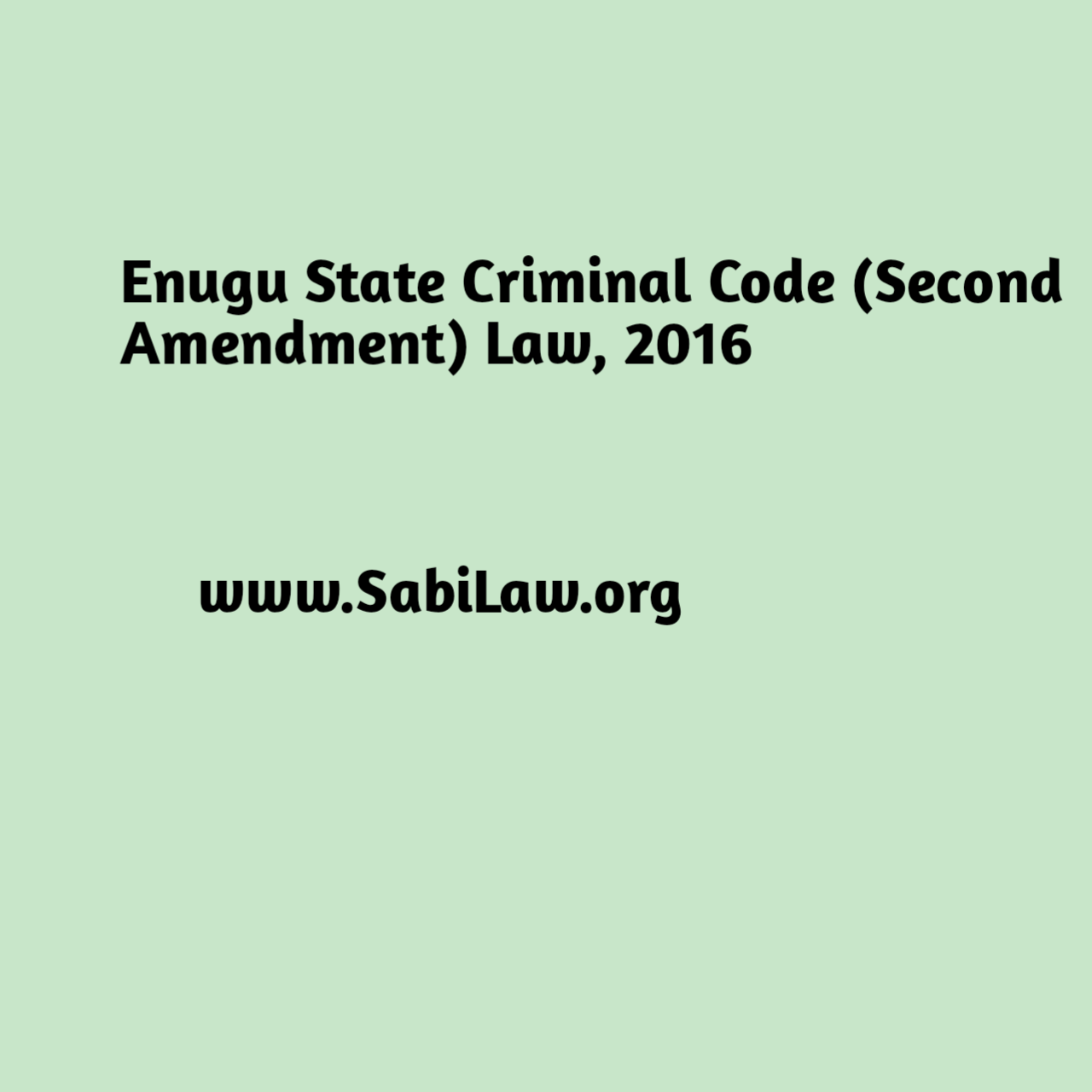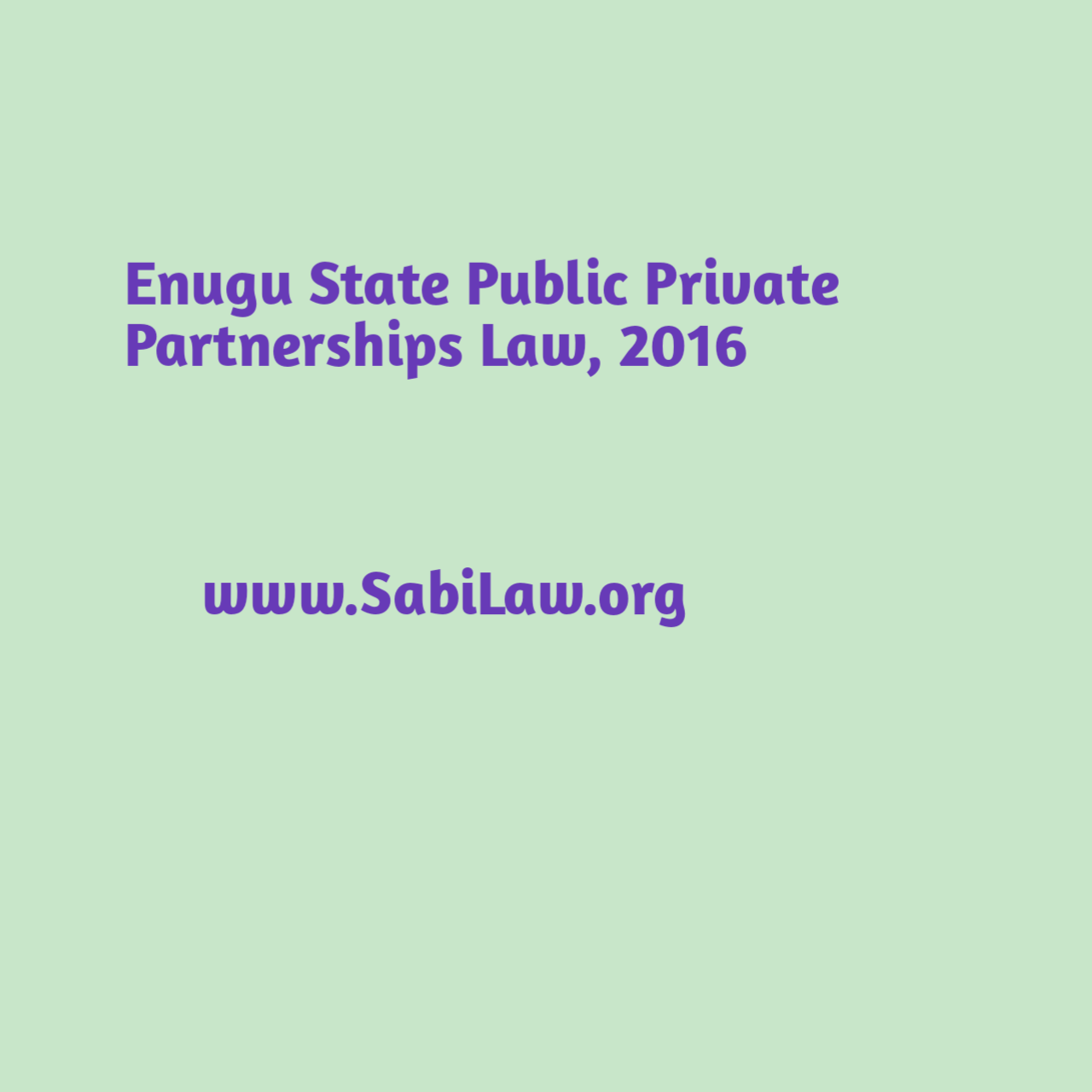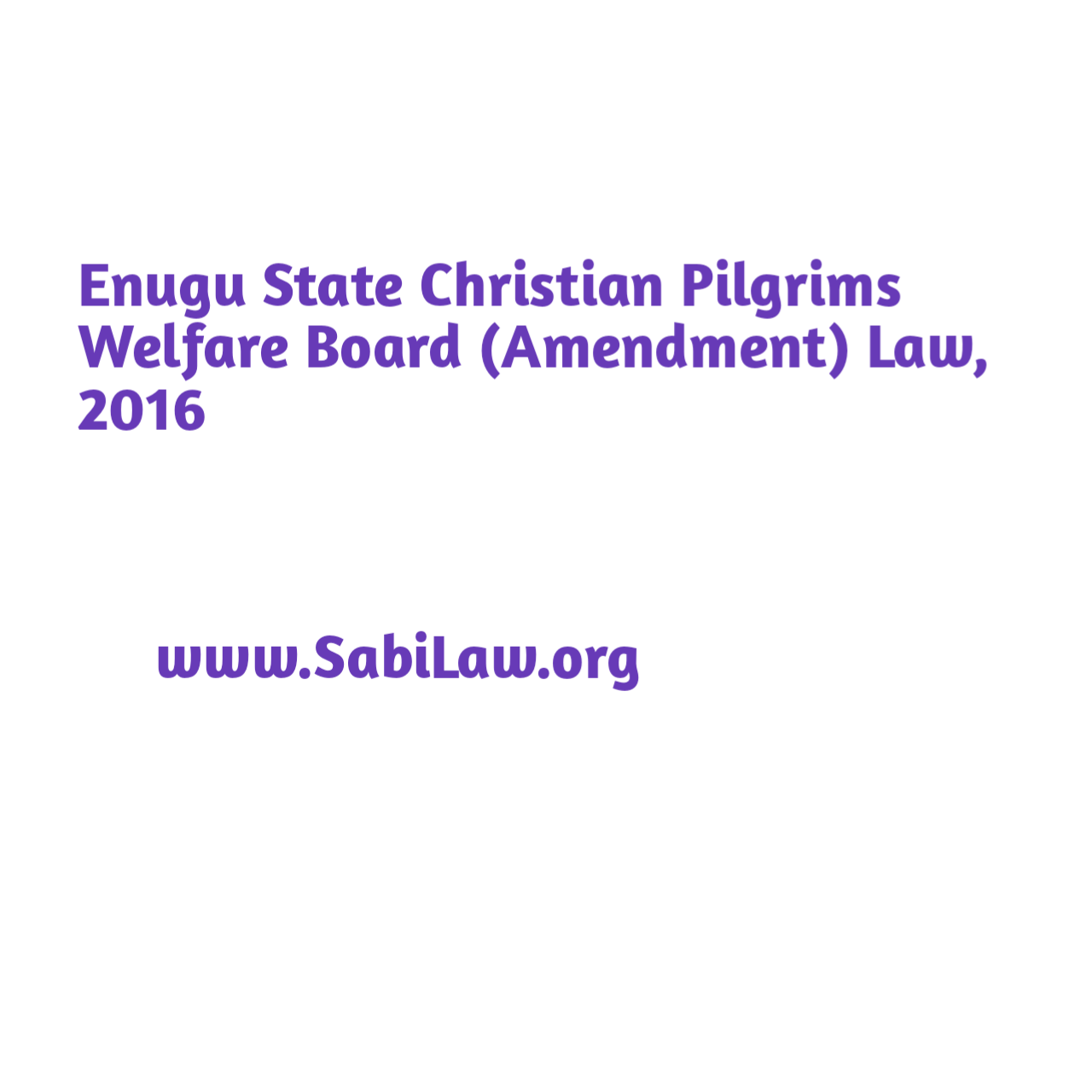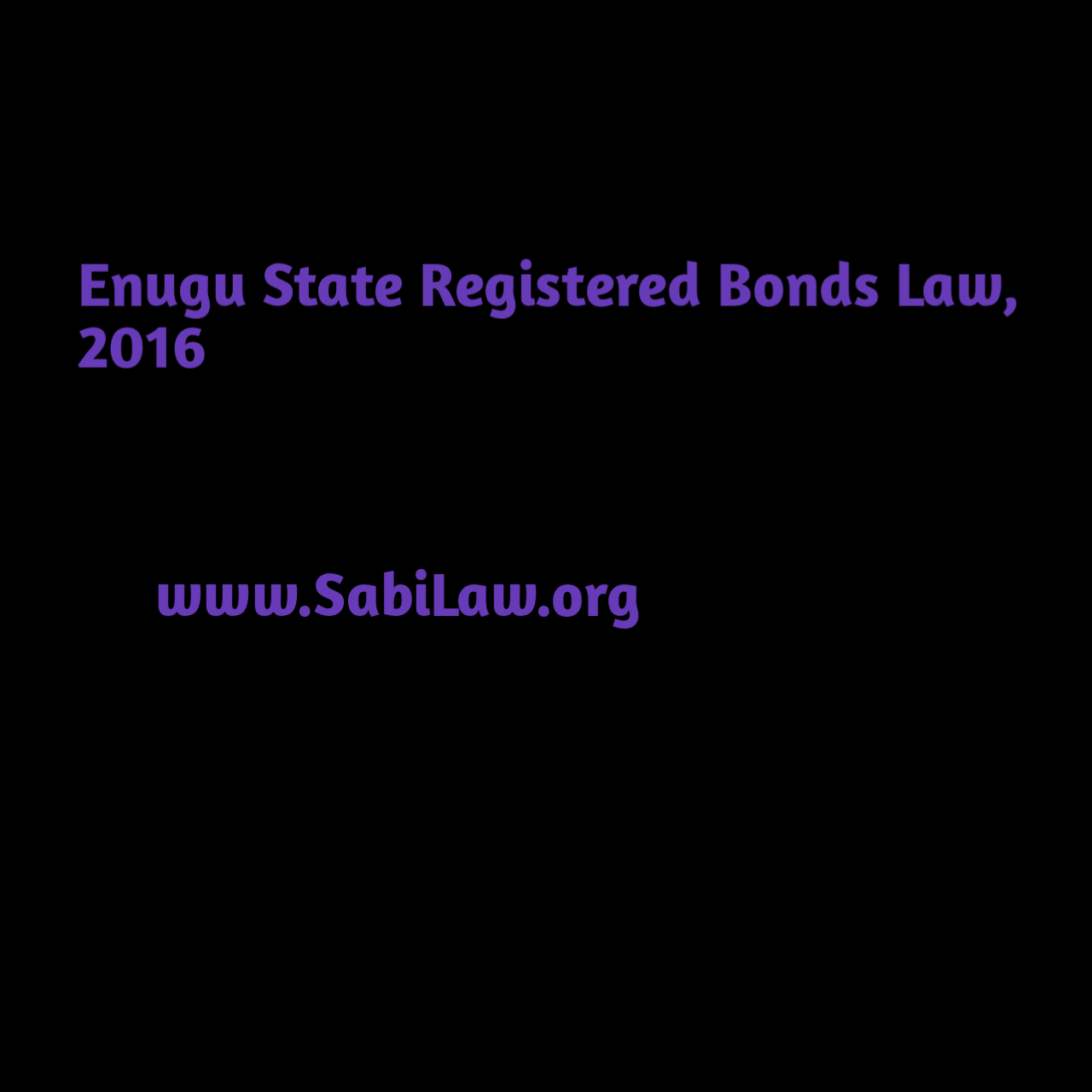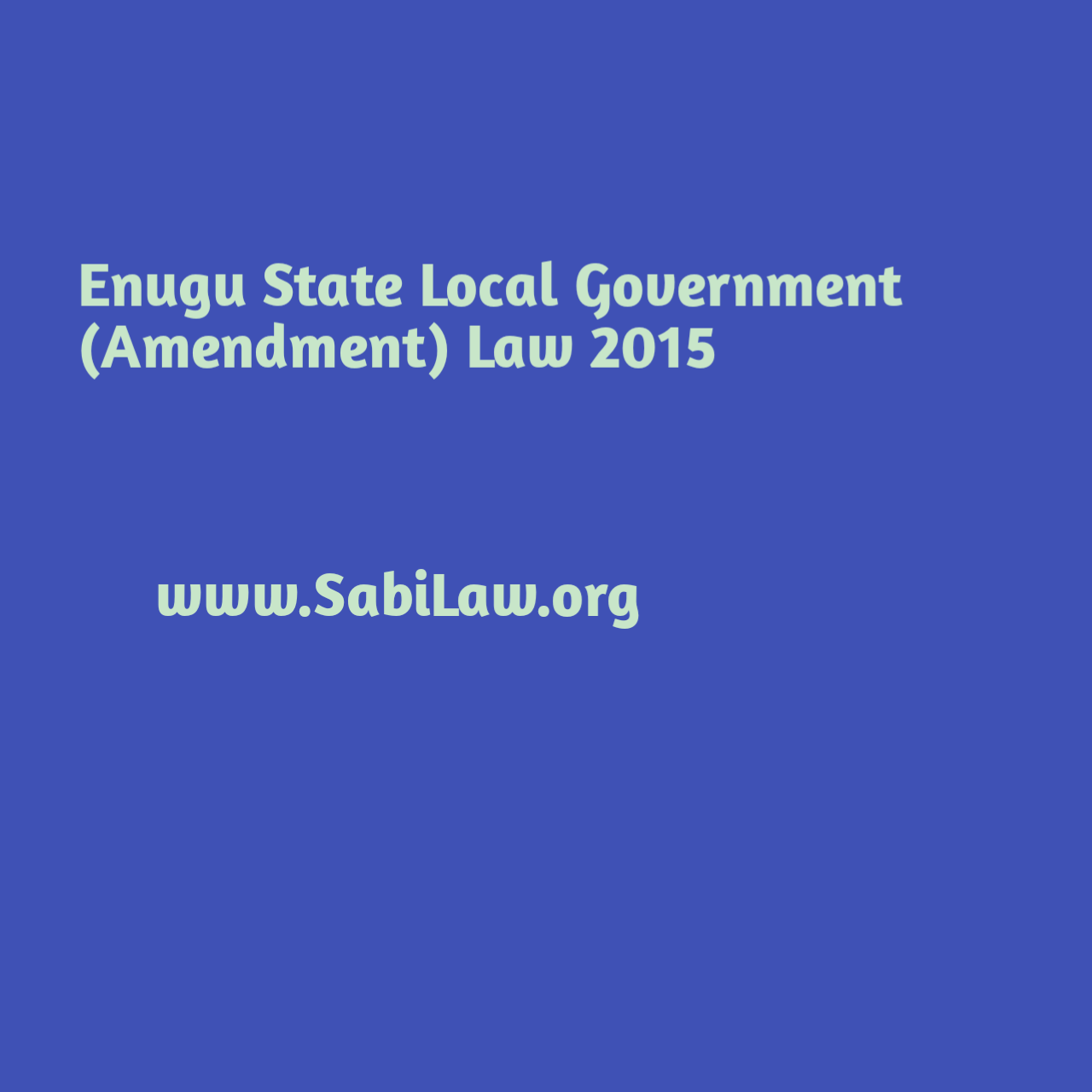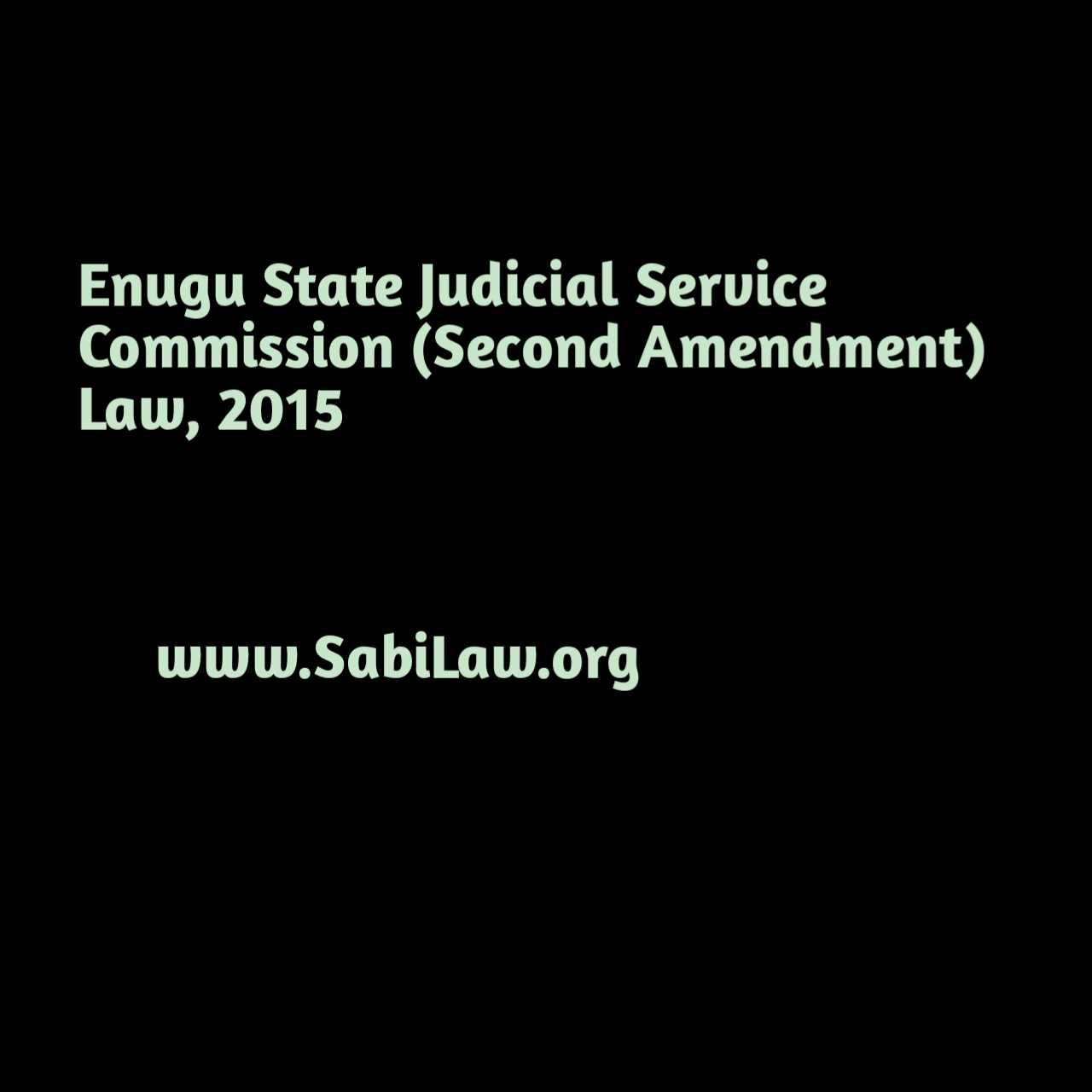There Can Be Fair Hearing Without Oral Hearing. Daily Law Tips (Tip 659) by Onyekachi Umah, Esq., LL.M, ACIArb(UK)
At several times, both judicial and non-judicial bodies/committees are set up to investigate and determine the rights and obligations of persons. It may be by employers, schools, professional bodies, religious groups, unions, associations or government. The members of such administrative bodies or committees may not be educated or lawyers but they have a duty to uphold fair hearing. In investigations, hearings and deliberations of such committees, there may be oral hearing or exchange of documents or even both. This work examines whether investigations and hearings by administrative bodies (committees/commissions/panels/groups) must be done orally or by exchange of documents or both and the implications.
It is abecedarian, that any judicial, quasi-judicial or even non-judicial committee/commission/body/panel/group that is composed to determine or impose any decision that is likely to affect the civil rights and obligations of any person, is bound to grant fair hearing to the person. This includes administrative/executive bodies, investigative committees, panels of inquiry, tribunals and so on. There is no room or opportunity for such committees/commissions/bodies/panels/groups to be reckless rather they must be fair to all and act in good faith. Fair hearing is a fundamental human right and must be respected by all including administrative bodies (committees/commissions/tribunals/panels/groups).
To achieve fair hearing by an administrative body, must the proceedings/investigations/inquiries/findings/sessions/sittings/delibrations of such administrative body be held orally or by exchange of documents or by the combination of both procedures? This question will be answered through earlier pronouncements in the decisions of Supreme Court of Nigeria and the Court of Appeal. Below is the position of the appellate courts and consequently the law as it is.
1. “With due respect to the Learned Counsel for the Appellants, who has made lengthy submissions on this point, but my humble understanding of the indepth study of the cases so much relied upon, hinges on the simple fact that an administrative body, acting in that capacity, has the option to decide whether to deal with the matter before it, by oral hearing or merely on written evidence, and argument provided. Dealing with an appeal on written or printed evidence or communications only, is not, in itself a breach of the principle of fair hearing. See R. v. LOCAL GOVERNMENT BOARD EXPARTE ARLIDGE (Supra) and STUART v. HAUGHLEY PAROCHIAL CHURCH COUNCIL (1936) CHD. 32.” Per SULEIMAN GALADIMA ,J.S.C ( P. 15, paras. A-D ) in the case of GYANG & ANOR v. COP LAGOS STATE & ORS (2013) LPELR-21893(SC)
2. “It is to be noted that a party appearing before an administrative tribunal is entitled to be heard. The Apex Court had made it clear in BABA v. N.C.A.T.C. (1991) 5 NWLR (pt.192) 388 in the following words at pages 427-428. “An administrative Tribunal is not bound to follow the procedure and practice of the Court of law, that although it is bound to observe and comply with the principles of natural justice, that a person who would be adversely affected by its decision is entitled to be given adequate opportunity not only to know the case against him but also to answer it. However, he is not entitled to oral hearing unless such a hearing is expressly prescribed. The absence of oral hearing or an opportunity to be heard before an administrative tribunal does not necessarily tantamount to a denial of natural justice.” Per JA’AFARU MIKA’ILU ,J.C.A ( Pp. 27-28, paras. F-D ) in the case of BASSEY v. CIVIL SERVICE COMMISSION CROSS RIVER STATE & ORS (2010) LPELR-3858(CA)
3. “The decision of this Court in The Queen v. Director of Audit (W.R.) (1961) N.S.C.C. 292; Adedeji v. Police Service Commission (1967) N.S.S.C. 59, (1969) N.M.L.R. 102 and Hart v. Military Governor of Rivers State (1976) N.S.C.C. 622, (1976) 11 S.C. 211 appear to be on all fours with the decisions in England that an administrative tribunal is not bound to follow the procedure and practice of the court of law; that although it is bound to observe and comply with the principles of natural justice, that a person who may be adversely affected by its decision is entitled to be given adequate opportunity not only to know the case against him but also to answer it. However, he is not entitled to oral hearing unless such a hearing is expressly prescribed. The absence of oral hearing or an opportunity to be heard before an administrative tribunal does not necessarily tantamount to a denial of natural justice. Since cross-examination is an oral hearing, it follows from those decisions that its mere denial by an administrative tribunal, such as the Afinnih Panel, did not offend the principles of natural justice in the circumstances of the case.” Per MOHAMMED BELLO ,J.S.C ( Pp. 44-45, paras. C-A ) in the case of BABA v. NIGERIAN CIVIL AVIATION & ANOR (1991) LPELR-692(SC).
4. “… In the determination of his civil rights and obligations, including any question or determination by or against any government or authority, a person shall be entitled to a fair hearing within a reasonable time by a court or other tribunal established by law and constituted in such manner as to secure its independence and impartiality”, The term determination in this context means reaching a decision. Where, as in this case, the body is merely exploring or investigating the facts with no intention or power to decide, there is, in my view, no determination.” Per PHILIP NNAEMEKA-AGU ,J.S.C ( Pp. 35-37, para. B ) in the case of BABA v. NIGERIAN CIVIL AVIATION & ANOR (1991) LPELR-692(SC).
Administrative bodies (committees/commissions/tribunals/panels/groups) are not courts of law and as such are not expected to employ the practice, procedures and technicalities of courts of law. However, the moment any committee/commission/body/tribunal/panel/group is determining any civil right or obligation of a person, it is said to be acting judicially and as such, it must be fair and must act in good faith while upholding the principles of natural justice and fair hearing.
Where any committee/commission/body/panel/tribunal/group is not determining or affecting the civil rights or obligations of any person, it is not acting judicial and as such may have no obligation to uphold fair hearing. Fair hearing is being fair and granting equal opportunities to all persons. This can be achieved through oral hearing or exchange of documents or even through the both options. There is no legally established hearing option/approach/procedure for all committees/commissions/bodies/panels/tribunals/groups, unless the law/authority establishing a specific committee/commission/body/panel/tribunal/group clearly states a particular hearing option/approach/procedure. Click to read my earlier works on fair hearing.
References:
1. Section 36 of the Constitution of Federal Republic of Nigeria, 1999.
2. The judgment of the Supreme Court of Nigeria in the case of GYANG & ANOR v. COP LAGOS STATE & ORS (2013) LPELR-21893(SC)
3. The judgment of the Supreme Court of Nigeria in the case of BABA v. NIGERIAN CIVIL AVIATION & ANOR (1991) LPELR-692(SC).
4. The judgement of the Court of Appeal in the case of BASSEY v. CIVIL SERVICE COMMISSION CROSS RIVER STATE & ORS (2010) LPELR-3858(CA)
#SabiLaw
#DailyLawTips
#SabiBusinessLaw
#SabiElectionLaws
#SabiHumanRights
#SabiLawOnBeatFm
#SabiLawLectureSeries
#CriminalJusticeMonday
#SabiLawVideoChallenge
Feel free to reach the author, ask questions or make inquiries on this topic or any other legal issues via onyekachi.umah@gmail.com or +2348037665878.
****************************************************************************************
This work is published under the free legal awareness project of Sabi Law Foundation (www.SabiLaw.org) funded by the law firm of Bezaleel Chambers International (www.BezaleelChambers.com). The writer was not paid or charged any publishing fee. You too can support the legal awareness projects and programs of Sabi Law Foundation by donating to us. Donate here and get our unique appreciation certificate or memento.
DISCLAIMER:
This publication is not a piece of legal advice. The opinion expressed in this publication is that of the author(s) and not necessarily the opinion of our organisation, staff and partners.
PROJECTS:
🛒 Take short courses, get samples/precedents and learn your rights at www.SabiLaw.org
🎯 Publish your legal articles for FREE by sending to: eve@sabilaw.org
🎁 Receive our free Daily Law Tips & other publications via our website and social media accounts or join our free whatsapp group: Daily Law Tips Group 6
KEEP IN TOUCH:
Get updates on all the free legal awareness projects of Sabi Law (#SabiLaw) and its partners, via:
YouTube: SabiLaw
Twitter: @Sabi_Law
Facebook page: SabiLaw
Instagram: @SabiLaw.org_
WhatsApp Group: Free Daily Law Tips Group 6
Telegram Group: Free Daily Law Tips Group
Facebook group: SabiLaw
Email: lisa@sabilaw.org
Website: www.SabiLaw.org
ABOUT US & OUR PARTNERS:
This publication is the initiative of the Sabi Law Foundation (www.SabiLaw.org) funded by the law firm of Bezaleel Chambers International (www.BezaleelChambers.com). Sabi Law Foundation is a Not-For-Profit and Non-Governmental Legal Awareness Organization based in Nigeria. It is the first of its kind and has been promoting free legal awareness since 2010.
DONATION & SPONSORSHIP:
As a registered not-for-profit and non-governmental organisation, Sabi Law Foundation relies on donations and sponsorships to promote free legal awareness across Nigeria and the world. With a vast followership across the globe, your donations will assist us to increase legal awareness, improve access to justice, reduce common legal disputes and crimes in Nigeria. Make your donations to us here or contact us for sponsorship and partnership, via: lisa@SabiLaw.org or +234 903 913 1200.
**********************************************************************************












































